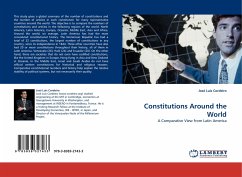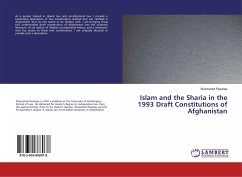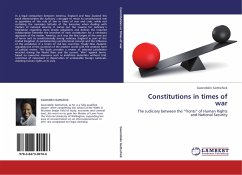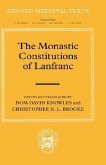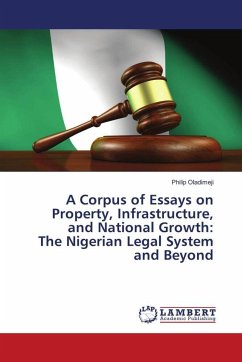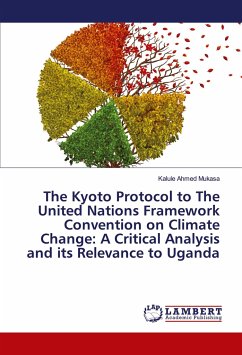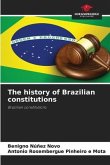This study gives a global summary of the number of constitutions and the number of articles in each constitution for many representative countries around the world. The objective is to compare the numbers of constitutions and articles in the following regions of the world: North America, Latin America, Europe, Oceania, Middle East, Asia and Africa. Around the world, on average, Latin America has had the most convoluted constitutional history. The Dominican Republic has had a total of 32 constitutions, the largest number of constitutions in any country, since its independence in 1844. Three other countries have also had 20 or more constitutions throughout their history, all of them in Latin America: Venezuela (26), Haiti (24) and Ecuador (20). On the other hand, there are societies that do not even have codified constitutions, like the United Kingdom in Europe, Hong Kong in Asia and New Zealand in Oceania. In the Middle East, Israel and Saudi Arabia do not have official written constitutions for historical and religious reasons. Comparative constitutional numbers and history help explain the relative stability of political systems, but not necessarily their quality.
Bitte wählen Sie Ihr Anliegen aus.
Rechnungen
Retourenschein anfordern
Bestellstatus
Storno

